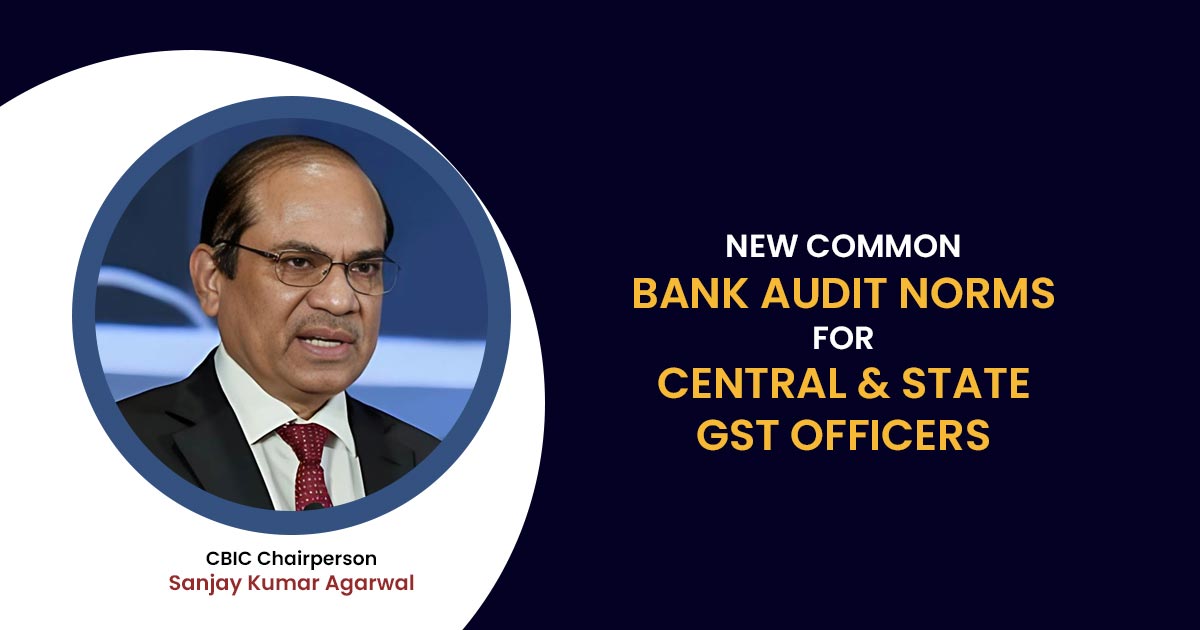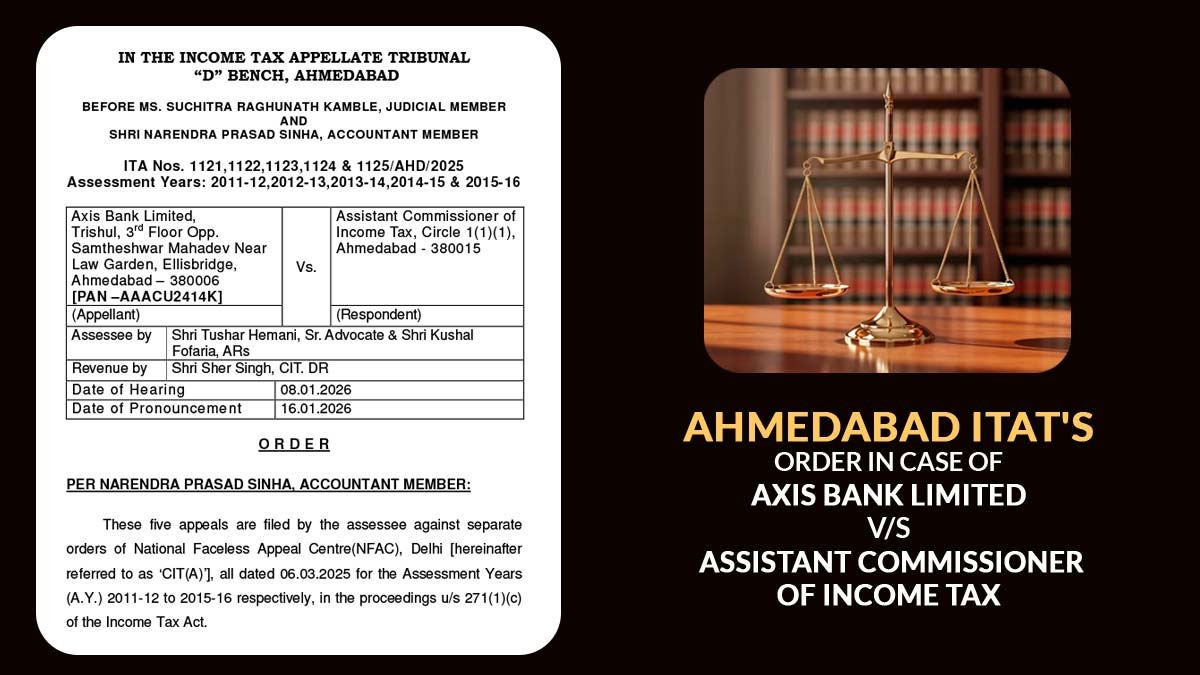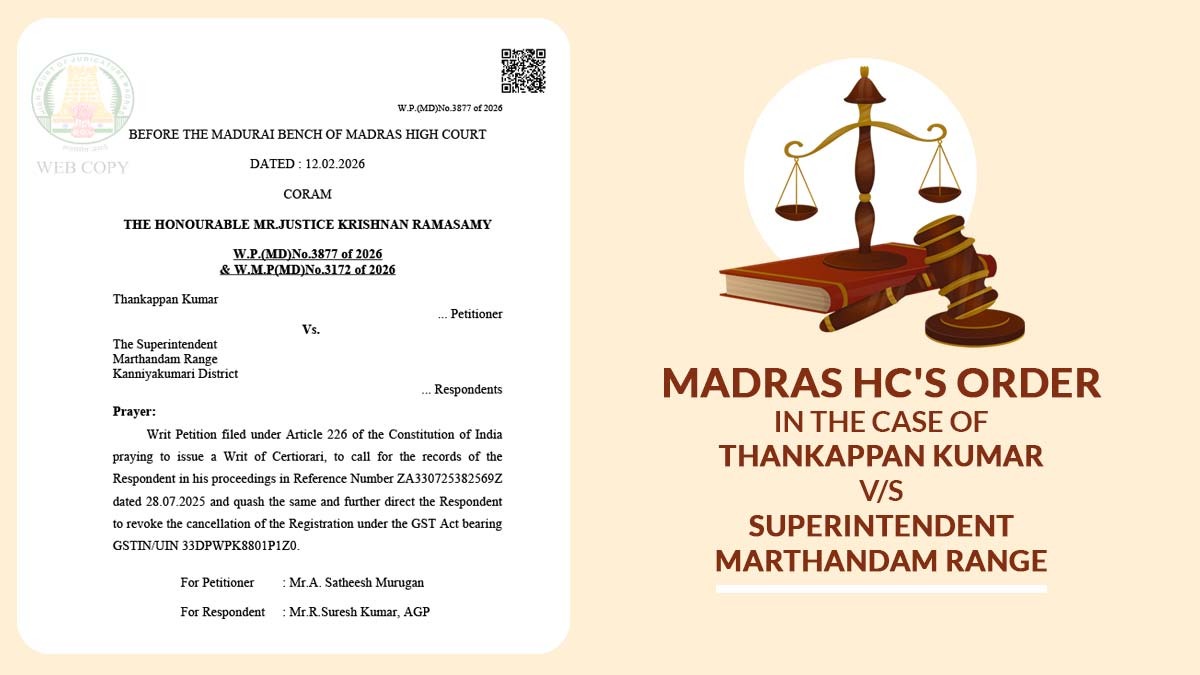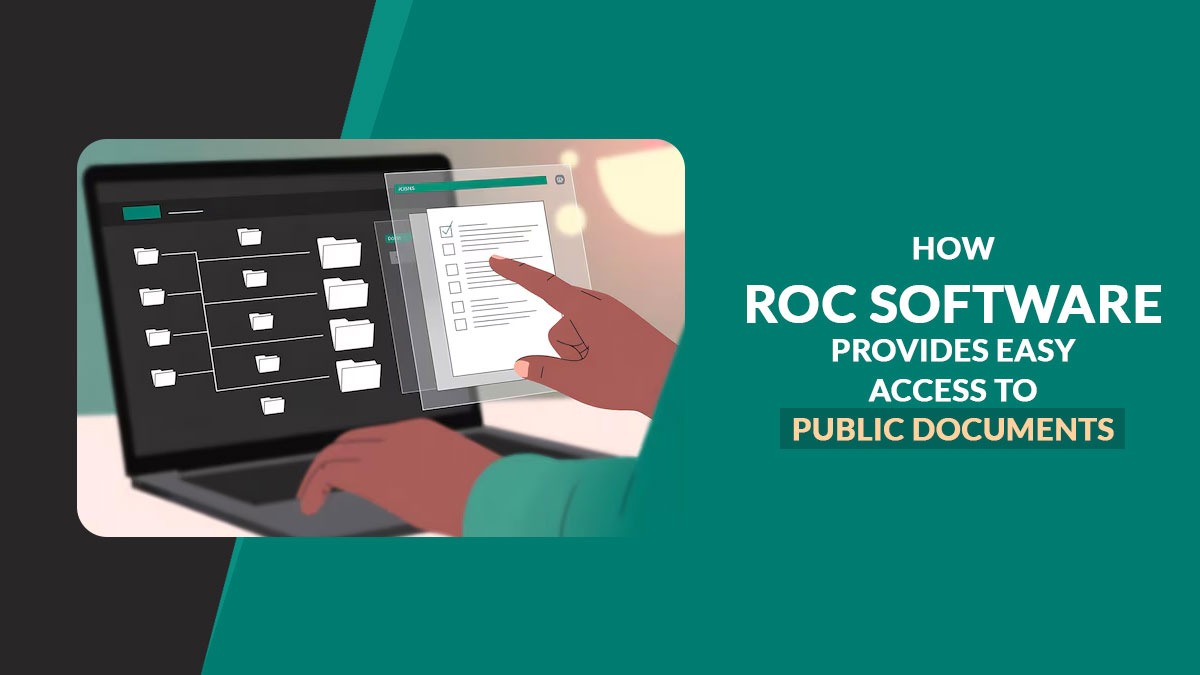
Common norms are drawn by the Central Board of Indirect Taxes and Customs (CBIC) towards central and state level Goods and Services Tax (GST) officials to audit banks, CBIC chairperson Sanjay Kumar Agarwal stated field officers.
The same action provides better assurance about audit procedures to banks since officials would have a common audit plan to proceed. The common minimum audit plan for banks, issued in April, furnishes the guidelines to support audit officers, both from the Centre and the states, to serve in an “efficient, focused, transparent and coordinated manner,” Agarwal cited.
Agarwal said the common audit plan is a “stellar example” of the synergy between the Centre and the states in implementing the indirect tax.
More probable
Central and state governments were working to build GST audits uniform across the country which would make scrutiny of GST compliance additionally forecasted for businesses and guarantee audit consistency of different units all over the country.
GST audits are indicated to review the genuineness of declared sales, taxes paid, refunds availed and ITC claimed via proceeding over the tax returns and other records maintained by businesses. A red flag can be raised on a mismatch.
Complete Audit
Officials are being supported by the common minimum audit plan that is anticipated to conduct the audits in the banking sector holistically and comprehensively, provided that the banking sector is in the list of complex industries, but well-organized. The other complex sectors are Insurance and telecom where identical plans may assist officials in bringing audits.
About a new agreement signed by the authorities in India and Australia for greater “trust-based” ease of merchants from both countries, Agarwal informed field officers. Customs authorities in India and Australia have considered having mutual recognition of their authorized economic operators (AEO) programs that extend specific privileges to trusted merchants.
Read Also: State and Center Officials Will Drive GST Audit to Stop Dual Investigations
The facilitation of operating the business has been measured by AEO programs. The scope of the privileges to merchants and brokers engaged in international trade has been extended by the Agreements with other countries for mutual recognition of these schemes.
These privileges comprise quicker clearance of shipments at ports, lower inspection charges, quicker tax refunds, facility for deferred duty payment, and acceptance of self-declaration of origin of goods. Merchants from India have been enabled via signing MRAs to claim such benefits in the country signing an MRA with India.









